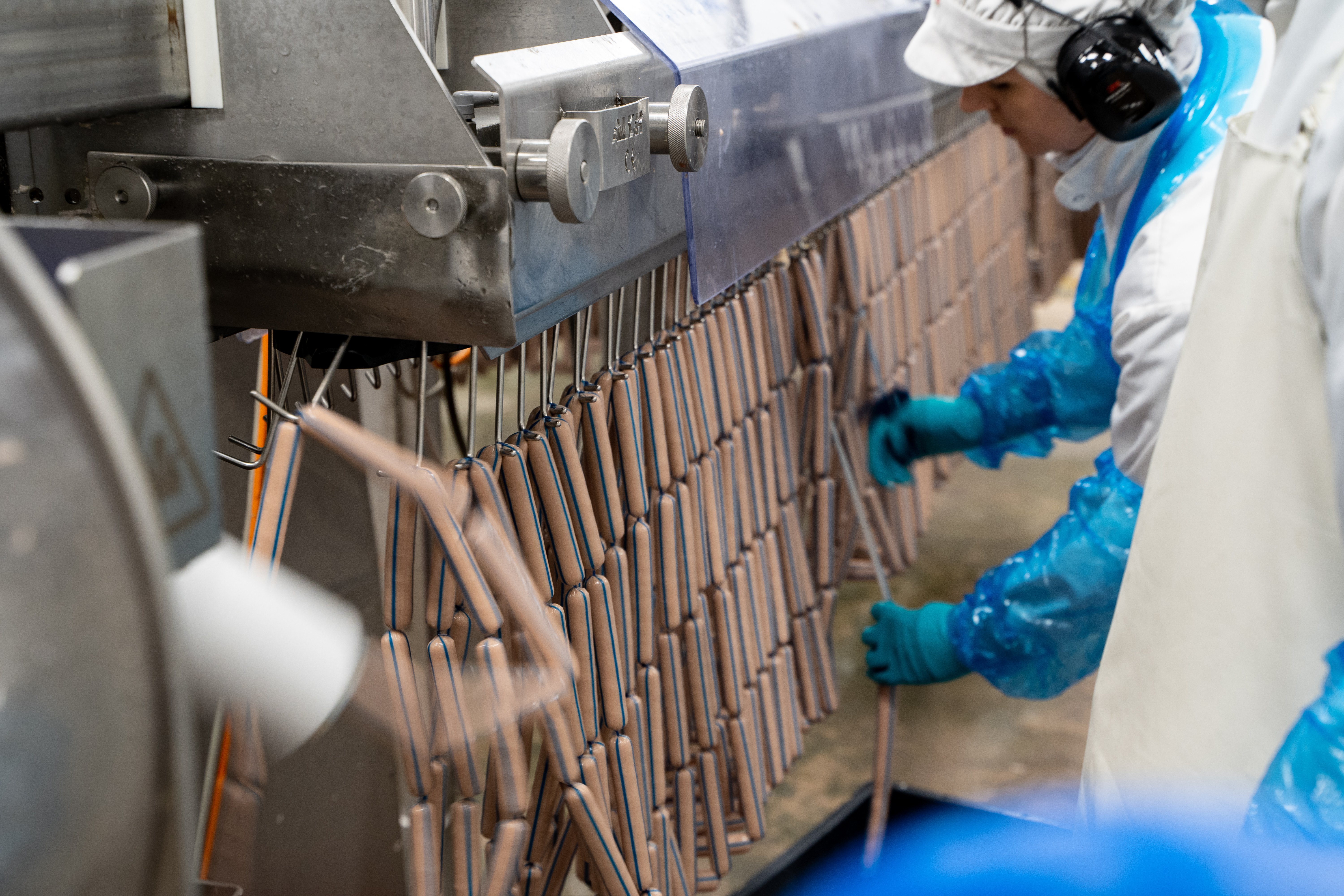In the food industry, a fast supply chain cycle is crucial as the products have a far shorter shelf life than non-perishables. At the same time, in some cases, Atria’s supply chain can be measured in years — starting from how many animals need to be bred this year to have enough steaks for the next grilling season. How can you manage such a varied supply chain reliably?
Mikko Soini, Planning Manager at Atria, chuckles a bit at the question:
“Well, the honest answer is that you really can’t, not with 100% reliability. But our experienced team of planners, with the help of machine learning, does a pretty great job anyway.”
Collaboration is the key to success
“We do our best to measure and share information with our collaborators. We are also always developing our processes, looking out for bottlenecks and other things that hinder productivity,” Soini explains.
And collaboration is the keyword in today’s market. In light of COVID-19 and its impact on the supply chain, effective communication and information sharing among collaborators, customers and suppliers have become more important than ever. Customers are more willing to share their plans in advance so that they can ensure that the suppliers have what they need and when they need it.
Atria is also very interested in collaborating with the customers’ planners and strategists to help improve the process together.
“Our supply chain is known for its reliability and ability to deliver, but when our customers share information and their plans with us, we can improve it even more. Collaborating on a deeper level helps both our customers and us,” states Soini.

AI finds trends in data and helps with demand planning
“Ten years ago, we didn’t even have any demand planners. Production planners just estimated the demand based on previous years. Now our demand planners are required to make daily demand estimates. That’s how much the job has changed,” Soini says.
With a product portfolio consisting of thousands of products that cater to hundreds of customers, today’s demand planning requires more than just a spreadsheet. Which is why in 2021 Atria joined forces with Relex to bring in some help from artificial intelligence.
“AI and machine learning are great tools in helping us plan the demand. And with accurate planning, we are also able to reduce waste, which is in line with our sustainability goals and often of great interest to our customers as well,” says Soini.
AI can identify trends such as spikes in demand, quite well. But AI can only use the information that it has been given. That is why information sharing between systems as well as people is so important.
“We don’t have a crystal ball, but with machine learning-based forecasting, our weekly forecasts are already 98,1% accurate. And we only plan on improving,” Soini concludes.